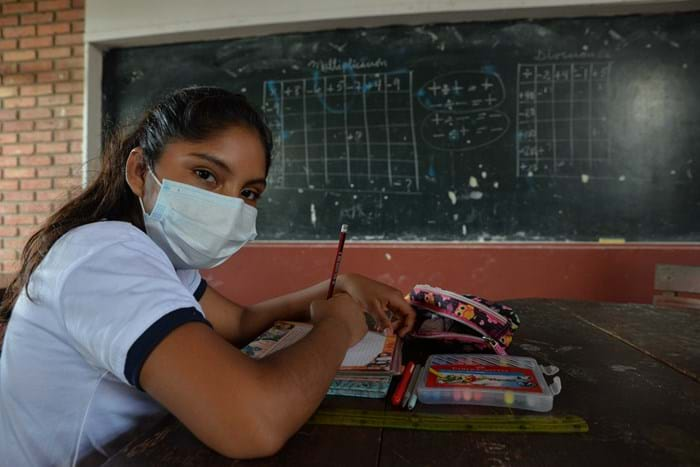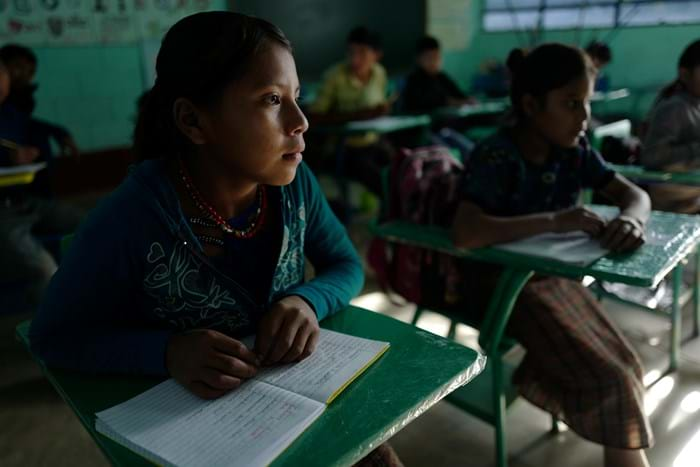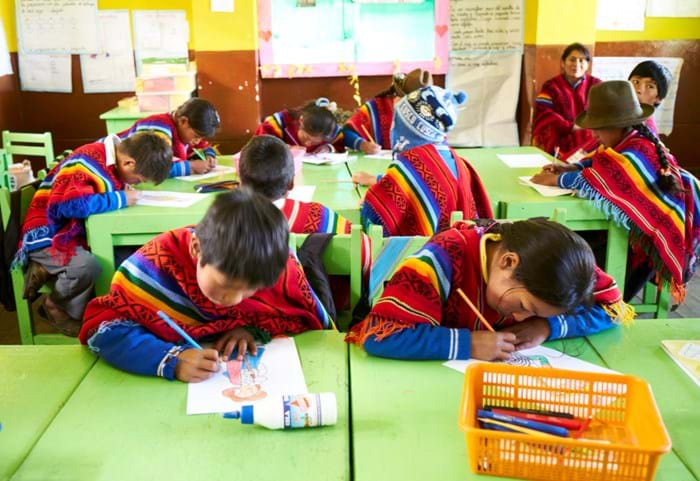- 0,000
indigenous boys and girls benefit from this project
- 00.0%
of indigenous girls in Bolivia completed primary school in 2012
Where
Riberalta, BoliviaFocus area
EducationDuration
2019 - 2024Economy
DKK 9 million
Objectives
The aim of the project is to improve the learning conditions of students in primary schools so they are better prepared to continue their education. In parallel, the project will seek to strengthen gender equality and the children’s aspirations for a better life free from violence. The project proposes to improve quality education by strengthening the education community and key actors in the municipal government so that they can foster the active citizenship of the targeted students, with emphasis on empowering female students. In the long term it will result in greater gender equality and more options available to the students when they grow up.













